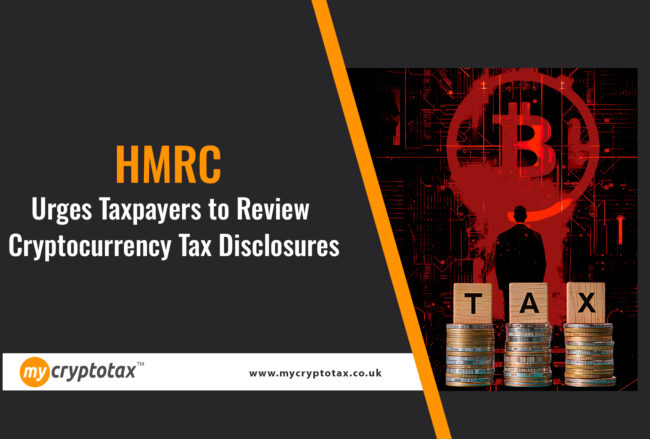HMRC Urges Taxpayers to Review Cryptocurrency Tax Disclosures
Comprehensive guide on Cryptocurrency Travel Rule in United Kingdom
CryptoUK Trade Association
We are excited to announce the launch of the Travel Rule Good Practices Guide (TRGPG) by CryptoUK. Since 2018, My Crypto Tax has been a proud community member of CryptoUK. Founded in early 2018, CryptoUK serves as the UK's self-regulatory trade association for the cryptoasset sector.
Our members, which include leading companies from across the industry, believe that cryptoassets can revolutionize financial transactions, benefiting consumers, businesses, and enhancing security.
Travel Rule Good Practices Guide (TRGPG)
Authored by CryptoUK's Travel Rule Working Group, this comprehensive document aims to equip Virtual Asset Service Providers (VASPs), cryptoasset businesses, and digital asset industry participants with a thorough understanding of the Travel Rule and its implementation in the UK. The guide offers an in-depth look at how our Working Group members are achieving compliance amidst regulatory inconsistencies and provides valuable insights into overcoming related challenges.
Key Features of the TRGPG:
• Counterparty VASP due diligence considerations
• Regulatory obligations and strategies for managing withdrawal and deposit flows
• The regulatory framework for unhosted wallets, including associated risks and potential mitigations
What is Cryptocurrency Travel Rule?
Starting on September 1, 2023, the United Kingdom is implementing the 'Cryptocurrency Travel Rule.' This regulation requires cryptocurrency businesses to gather, verify, and share specific details about cryptocurrency transfers. It is part of global initiatives to combat money laundering and terrorist financing, as advocated by the Financial Action Task Force (FATF).
The FATF, which sets the global standards for anti-money laundering and counter-terrorist financing, recommended this rule (FATF Recommendation #16) for Virtual Asset Service Providers (VASPs). It mandates that VASPs exchange information about the identities of both the senders and recipients in cryptocurrency transactions exceeding $1,000.
The Travel Rule aims to increase transparency in cryptocurrency transfers, making it more difficult for criminals to use cryptocurrencies for illegal activities. It aligns with the FATF’s recommendations and follows amendments to the UK Money Laundering Regulations in July 2022 (specifically, Part 7A of the 2017 Regulations). Under these new regulations, UK-based crypto businesses must withhold certain transfers, especially if the sender or recipient is in a country without similar rules. These measures are part of a broader effort to strengthen the regulatory framework for cryptocurrency transactions in the UK.

